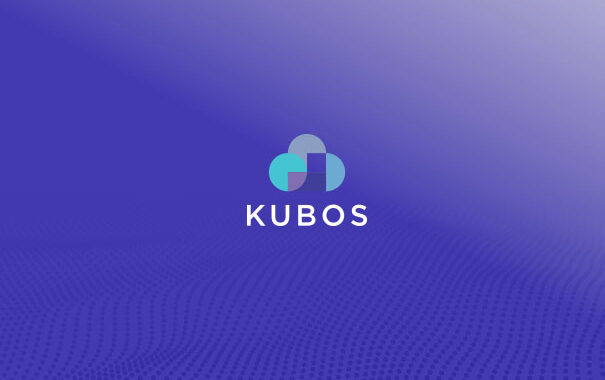This latest release of KubOS includes a major feature we’ve been wanting to do for quite awhile: active monitoring of mission applications. We’ve also moved to Rust 1.37.0, wholly moved to Python 3.7, and improved ingestion performance on the telemetry database with a new UDP batch insert endpoint.
Monitoring Mission Applications
Mission applications are the core logic blocks of KubOS, and are an indispensable part of the flight software and making your mission successful. They are also the last code to get written, and most often revised. As a result, we wanted to provide our users more tools to diagnose and control mission applications through the mission application service by introducing monitoring. Essentially, every time an application is started, we spawn a thread to monitor the process. This thread watches the application, allowing us to have instantaneous feedback on the current state of the process, and to make that feedback available to the ground control system or other onboard systems. It also gives us the capability to securely stop any running mission application in the event that drastic action should be taken. This is just another step in the direction of making mission applications safer in KubOS. Check out our documentation on the mission application core service for more information on how this monitoring works!
All the Upgrades
With the upgrades to Rust and Python, you’ll need to upgrade your local Rust environment, SDK Vagrant box, and/or local Python version! You can find instructions on upgrading the SDK in our documentation, and check out the official documentation for Rust and Python for updating those systems in your local environment (if you develop locally).
As Always…
Check out the changelog for the full list of changes with this release! If you have any feedback/issues/wonderful words for our team, you can always come talk to us on Slack, or open an issue on our GitHub. For all of you out there looking to contribute to KubOS, please check out our guide to contributing, and please give us feedback on how we can make it easier for you! We’re always looking to make sure we serve our community of contributors, and we’re actively looking for more ideas of how to do so.

